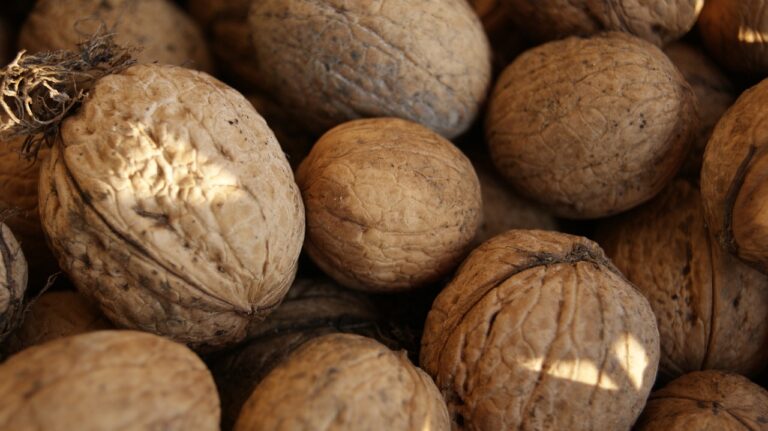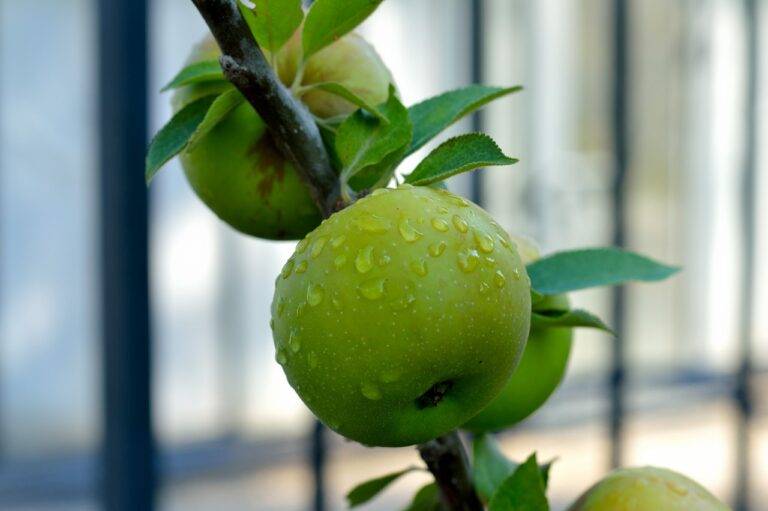The Impact of Climate Change on Olive Oil Production: 11xplay reddy login password, King 567, Skyinplay live login
11xplay reddy login password, king 567, skyinplay live login: The Impact of Climate Change on Olive Oil Production
Imagine walking through a picturesque olive grove on a sunny day, the gentle breeze carrying the scent of freshly pressed olive oil. Olive oil has been a staple in Mediterranean cuisine for centuries, revered for its health benefits and delicious flavor. However, the production of this precious oil is under threat due to the effects of climate change.
Climate change is wreaking havoc on olive oil production around the world, from Italy to Spain, Greece to California. Rising temperatures, changing rainfall patterns, and more extreme weather events are all contributing to a decline in olive oil yields. In this article, we will explore the impact of climate change on olive oil production and what can be done to mitigate its effects.
The Rising Temperatures
One of the most significant impacts of climate change on olive oil production is the rising temperatures. Olive trees are sensitive to temperature fluctuations, and when temperatures are too high, it can affect the growth and development of the fruit. In recent years, heatwaves have become more frequent and intense, causing stress to olive trees and reducing their ability to produce olives.
In regions like Spain and Italy, where olive oil production is a major industry, farmers are already feeling the effects of rising temperatures. Some are reporting lower yields and poor-quality fruit due to heat stress. As temperatures continue to rise, the situation is only expected to worsen, threatening the livelihoods of thousands of olive farmers.
Changing Rainfall Patterns
Another consequence of climate change is the changing rainfall patterns. In some olive-growing regions, droughts are becoming more common, leading to water shortages and stress for the olive trees. Without an adequate water supply, the trees cannot produce healthy fruit, resulting in lower yields and poor-quality oil.
On the other hand, some regions are experiencing heavier rainfall and flooding, which can also be detrimental to olive oil production. Excess moisture can lead to the spread of diseases and pests, as well as waterlogged soil, which can suffocate the roots of the trees. Finding the right balance of water has become a significant challenge for olive farmers in the face of climate change.
Extreme Weather Events
Extreme weather events, such as hurricanes, tornadoes, and wildfires, are also impacting olive oil production. These events can destroy entire olive groves, wiping out years of hard work and investment in a matter of hours. In regions like California, where wildfires are becoming more frequent and severe, olive farmers are facing an uncertain future.
In addition to the physical damage caused by extreme weather events, they can also disrupt the entire supply chain of olive oil production. From harvesting to processing to distribution, any interruption can have a ripple effect on the industry as a whole. As climate change continues to intensify, the frequency and severity of these events are likely to increase, posing a significant threat to olive oil production worldwide.
Mitigating the Effects of Climate Change
While the impact of climate change on olive oil production is undeniable, there are steps that can be taken to mitigate its effects. Improving irrigation systems, implementing sustainable farming practices, and planting more resilient olive tree varieties are just a few ways that farmers can adapt to a changing climate.
Investing in research and development to develop new technologies and techniques for olive oil production is also crucial. By staying ahead of the curve and embracing innovation, farmers can better cope with the challenges posed by climate change and ensure the future viability of their businesses.
FAQs
Q: How can consumers support sustainable olive oil production?
A: Consumers can support sustainable olive oil production by choosing products that are certified organic or produced using sustainable practices. Look for labels like USDA Organic, Fair Trade, or Certified Sustainable to ensure that your olive oil is produced in an environmentally friendly manner.
Q: Is it possible to reverse the effects of climate change on olive oil production?
A: While it may be challenging to reverse the effects of climate change entirely, there are steps that can be taken to mitigate its impact on olive oil production. By investing in sustainable practices, improving irrigation systems, and planting more resilient olive tree varieties, farmers can adapt to a changing climate and ensure the future of their businesses.
Q: Will the price of olive oil increase due to climate change?
A: It is possible that the price of olive oil could increase due to the effects of climate change on production. As yields decrease and production costs rise, the cost of olive oil may also go up. However, by supporting sustainable practices and investing in resilience, farmers can work to maintain a stable supply of high-quality olive oil for consumers.
In conclusion, the impact of climate change on olive oil production is a significant concern for farmers, consumers, and the industry as a whole. By taking proactive measures to adapt to a changing climate and investing in sustainable practices, we can work together to ensure the future of this beloved and essential product.







